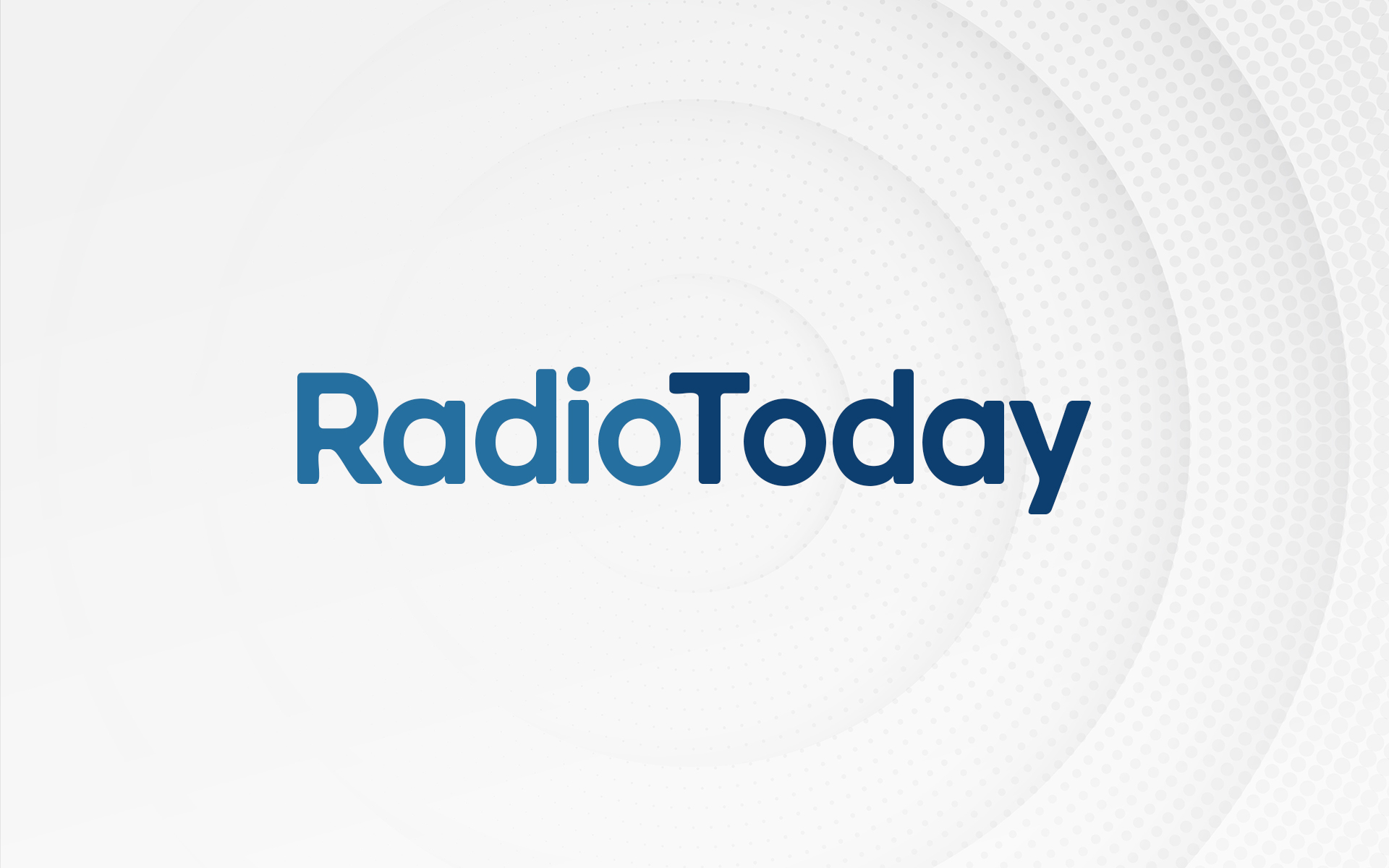
GMG and Global refuse DAB ads
At least three of the biggest commercial radio groups in the UK have decided not to run industry-wise adverts promoting the benefits of DAB.
Global Radio, GMG Radio and UKRD are all not running the festive ads, meaning most of the commercial sector are not taking part.
According to the [link=http://www.telegraph.co.uk/finance/newsbysector/mediatechnologyandtelecoms/digital-media/8155287/Commercial-radio-groups-refuse-to-promote-digital-platform.html]Telegraph[/link], Global Radio and GMG said they will not be airing the ads until the Government and BBC invests more money in digital radio transmitters. UKRD are also angry that the BBC is spending so much air-time on the platform.
"Commercial radio operators are currently in discussions with government about the funding of local DAB coverage. Until those discussions are resolved, we understand that some stations felt it would be inappropriate to run the digital radio Christmas campaign," said a spokesman for the RadioCentre.
UKRD boss William Rogers has written a letter to BBC Director General Mark Thompson, explaining his situation:
[blockquote]Dear Mr Thompson
Digital Radio Amnesty
You will no doubt recall that some months ago, in association with some other commercial radio operators and under the guidance of Digital Radio UK, the BBC, using its airtime and market prominence, broadcast a series of promotions and, in essence, advertisements, to encourage people to trade in their analogue radio in return for a discount on a new DAB set.
We strongly opposed this campaign at the time and our fifteen stations did not take part in this activity as we believed it to be misleading and inappropriate bearing in mind the present circumstances surrounding the shambles that is DAB migration.
Following the publication of the Consumer Expert Groups report a few weeks ago and its highly critical assessment of the amnesty, I am writing to seek your assurance that you will not allow the BBC to be drawn into this kind of misleading activity should such an amnesty be proposed a second time. It is, I am sure you will agree, wholly inappropriate for a publicly funded broadcasting organisation like the BBC to be using its muscle in the market place to support a campaign which has been criticised as “raising a number of concerns among consumers and consumer groups.”
Our own criticisms of this very misleading and suspect campaign are well documented but I reference below the comments made by The Consumer Expert Group, a committee of independent consumer representatives, which recorded the following assessment in their report :
“……we have found that the marketing campaigns developed by DRUK have raised a number of concerns among consumers and consumer groups. The mixed messages contained in recent advertising have led to two misunderstandings: first, that analogue will imminently be switched off and secondly, that consumers need to go out and purchase a digital radio as a matter of urgency. The Radio Amnesty scheme is an example of this…..”
As you know, there is no Government date set for a digital switchover, though an industry target of 2015 is readily accepted as being the aspirational objective. Indeed, the Minister has quite rightly made it clear that no switchover will take place at all unless there is clear and significant majority support for, and use of, the new platform by the public more generally. Further, many stations will remain on FM and not have a digital future at all. To use public money to take part in a campaign which not only misleads the public but also potentially undermines the commercial future of many smaller radio stations is far from a position that the BBC should be allowing itself to be drawn into.
I hope that after reviewing my letter, and also taking further stock of the views of the Consumer Expert Group, which was set up by the DCMS to consider these very issues, you will give the appropriate guidance to your executives to decline the opportunity to get involved in such a poor, misleading and wholly inappropriate marketing exercise again.
Yours sincerely
William Rogers
Chief Executive Officer – UKRD Group Ltd[/blockquote]
Speaking to RadioToday, William told us: "I welcome this decision by both Global and GMG who are at long last starting to reflect the real concerns some of us have been shouting about for years. The fact that they recognize that the present DAB set up and infrastructure is patently obviously unacceptable as it stands is the key here. Were they to feel that the signal strength was adequate
enough to deliver sufficient quality to the listener there would be no need for this boycott to have happened. It's nice to have Global and GMG on side, though for different reasons, for a change.
"The BBC should now withdraw what is in essence a deceitful and misleading campaign from its airwaves. As a publicly funded corporation they should be reflecting the interests of their listeners not the interests of a lobby which has so far dismally failed to manage this process satisfactorily.
"The management of this whole DAB issue has been a shambles form start to finish and we are now starting to see the process unravel before our very eyes. If I were the Government, I would dump the whole project in terms of management form the centre and allow the market, and through it, the listener to make the choices going forward."


